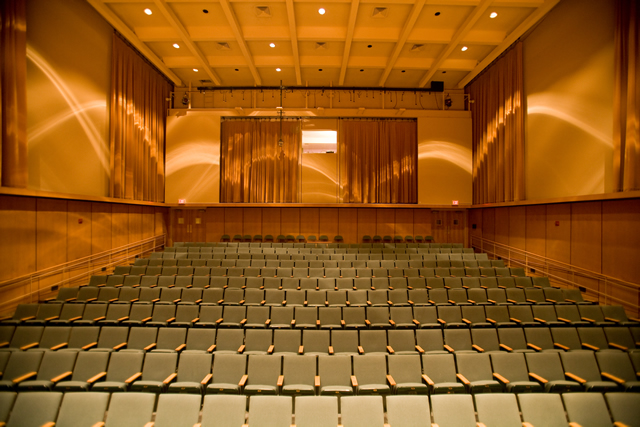
Music ETDs
Publication Date
12-31-1974
Abstract
All art, whether visual, plastic, written, or aural, is experienced and criticized through a process of conscious and unconscious comparison. Trends, advances, and styles exist only in their difference from what has passed before. The study of artistic evolution is sometimes made easier when works with the same subject, such as paintings of the madonna, nude sculpture, architectural style of churches, of settings of the passion, by different artists and from different periods can be compared. The similarity of treatment of subject matter or the lack of it in contrasted artists or periods often provides a basis for the beginnings of critical and historical study. In opera such a comparison becomes very complicated because of the many contributing art forms. This thesis, in comparing the Otello of Rossini with that of Verdi limits its scope to musical considerations and, to a lesser extent, literary ones. The staging of an opera includes much more - scenery, costumes, lighting, make-up, and acting - but each of these topics demands separate treatment and will play a part here only if and when it is inseparable from the musical score or libretto, The intention here is not to provide a complete analysis of form or harmony or any other musical, literary, or historical aspect of the operas except as they contribute to a discussion of the comparative dramatic effectiveness of the two works. The scores themselves have been the main source for the study and in all cases secondary source material has been limited to that available in English. The importance of this study is not only the comparison of two operas or composers, but its commentary on the rapid change in operatic style in the 19th century. Two procedures followed throughout are: 1. to avoid tedious fluctuating back and forth between Othello with the h and Otello without it, this study will proceed as follows: Shakespeare's play and the character in the play will be referred to as Othello and the two operas and the character in them will be referred to using the Italian designation, Otello; and 2. in all cases the translations of the libretti are by John W. Freeman (Roasini/Berio) and Gwyn Morrie (Verdi/Boito).
Degree Name
Music
Level of Degree
Masters
Department Name
Department of Music
First Committee Member (Chair)
Donald Christopher McRae
Second Committee Member
Herbert L. Levinson
Third Committee Member
S. Daniel
Language
English
Document Type
Thesis
Recommended Citation
Eckart, Kathryn. "Otello: Rossini - Verdi." (1974). https://digitalrepository.unm.edu/mus_etds/43
